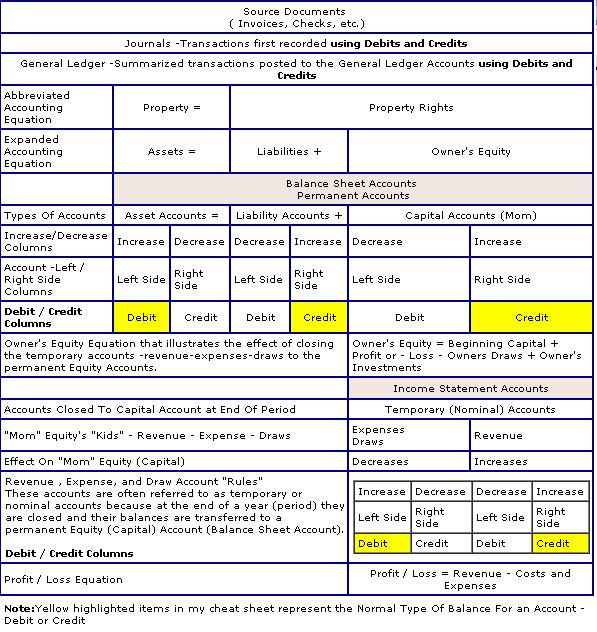

In order to stay on top of your business, you must check your cash position every day.

Furthermore, how will you pay your employees if you don’t have enough cash? You need money to buy inventory and raw materials and in order to meet your other expenses. Right now, you’re probably wondering: what exactly can I do as a small business owner to come to grips with my accounting system and records? Do I need to go back to school? Will all this be on the test?ĭon’t worry! Let’s identify the specific steps that you can take to correct course: Manage your cash

Minimizing your tax payments and filing your tax returns on time.If you spend a little time learning how your books are maintained and familiarize yourself with the basic accounting practices, the benefits can be immense. Want some proof? During a “postmortem” of 101 failed startups, research and consulting firm CB Insights found that almost 30% had to stop operations because they ran out of cash.īut tracking your liquidity isn’t the only advantage that a sound accounting system can provide. These are all questions that you should have the answer to if you want to ensure the continued existence of your business. Are your cash flow statements accurate?.How much money does your company have access to at any given point in time?.One of the primary benefits of a good accounting system is that it helps you to keep a close watch on your cash position.


 0 kommentar(er)
0 kommentar(er)
